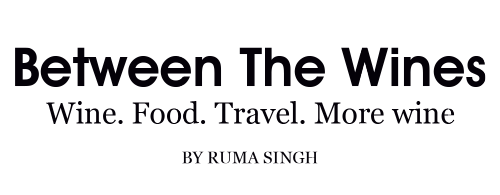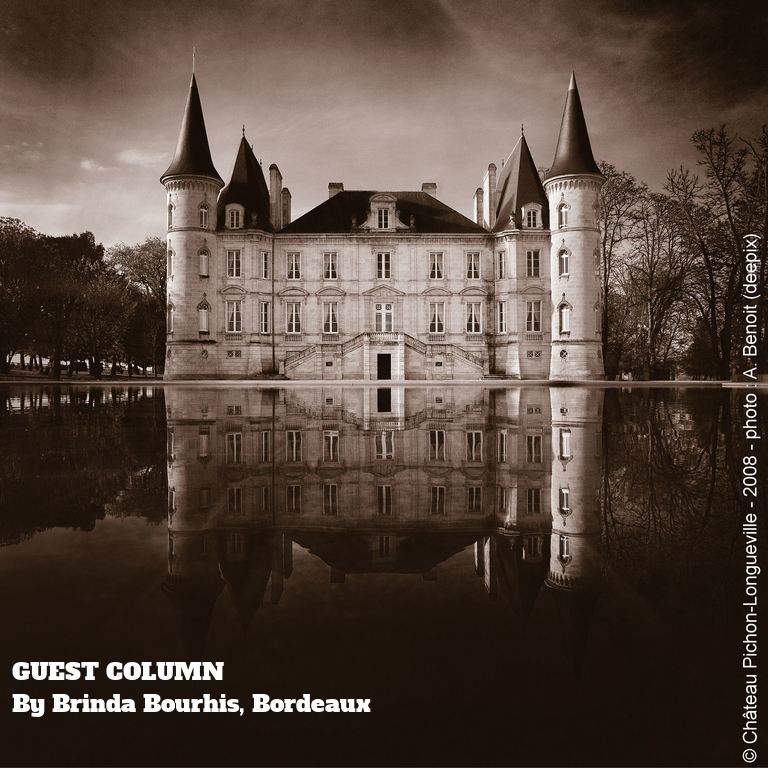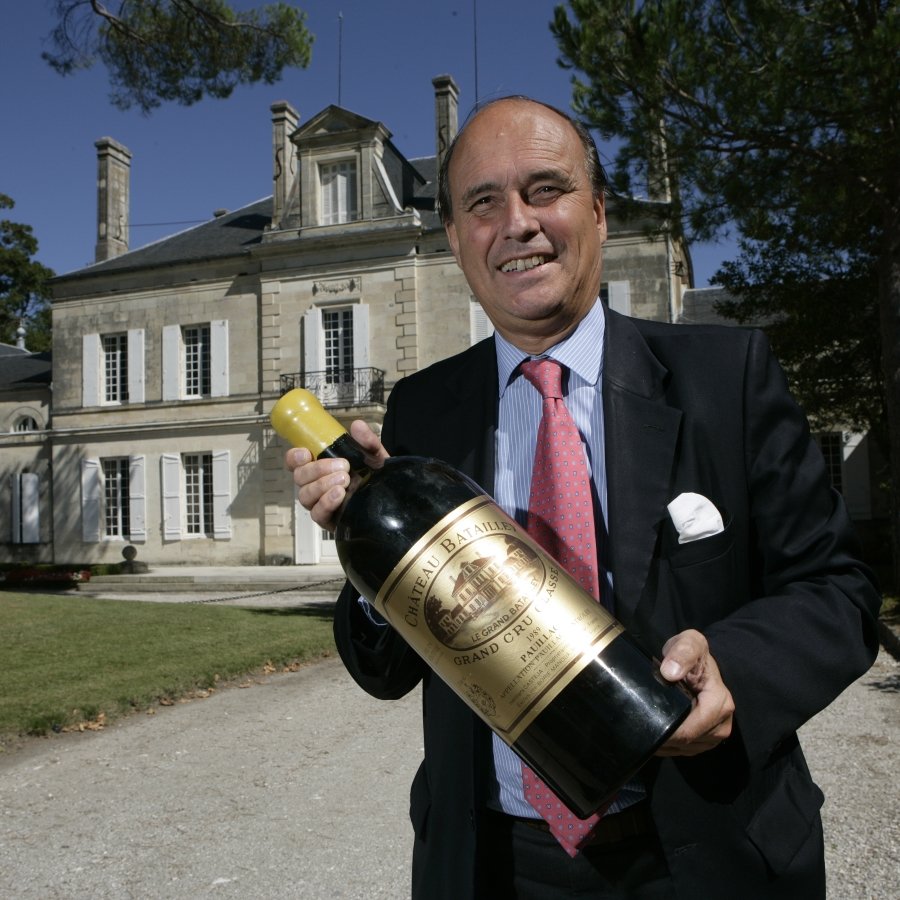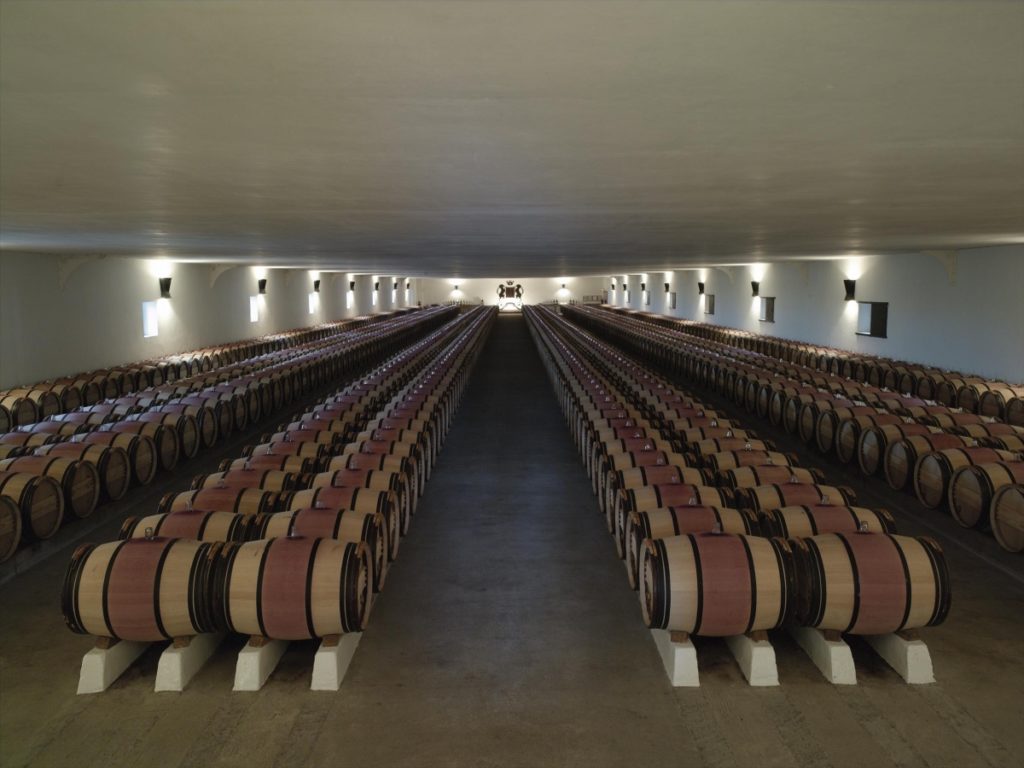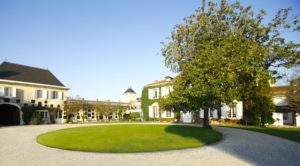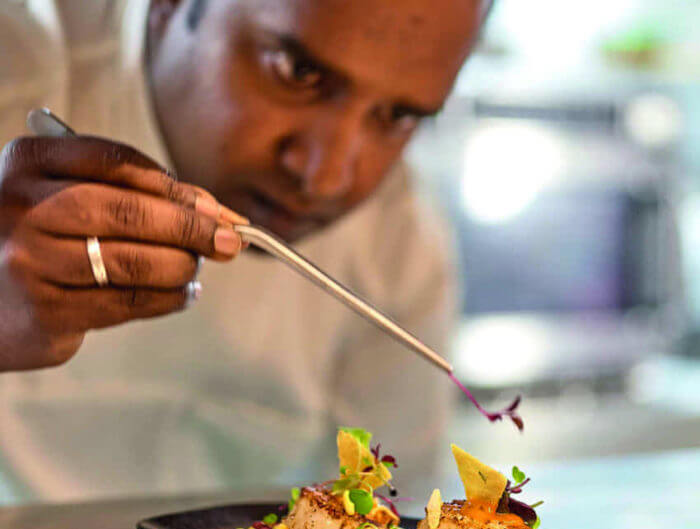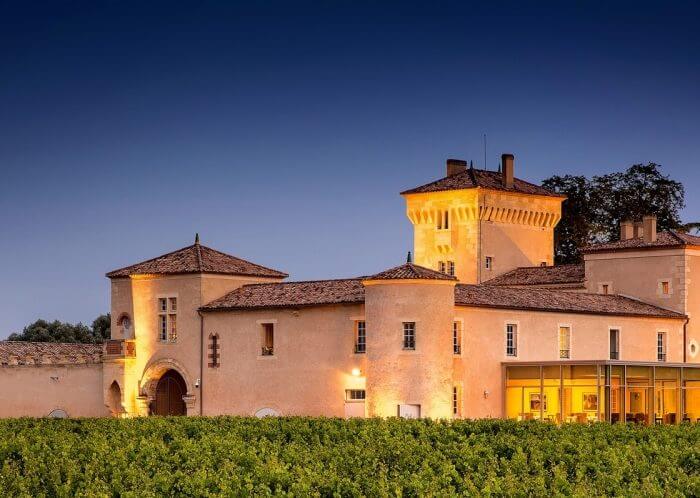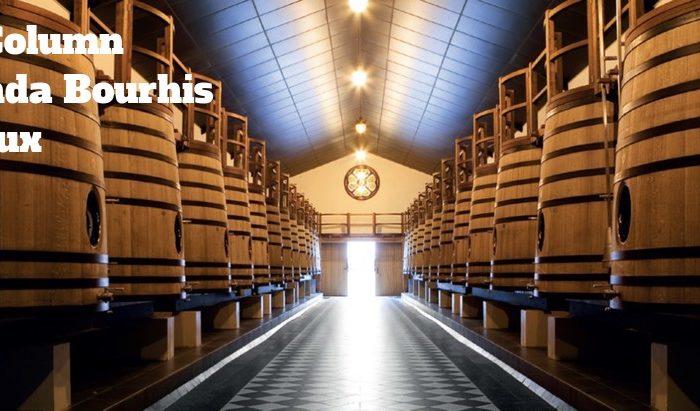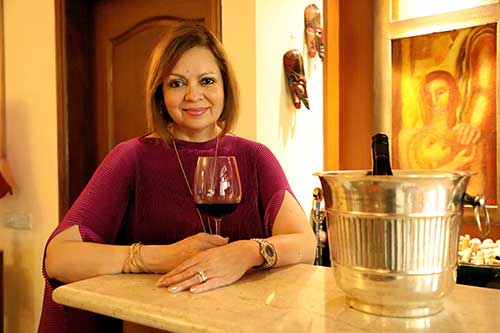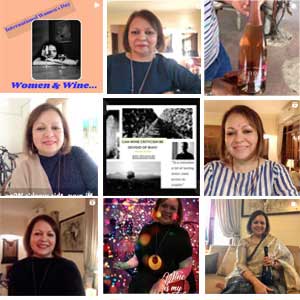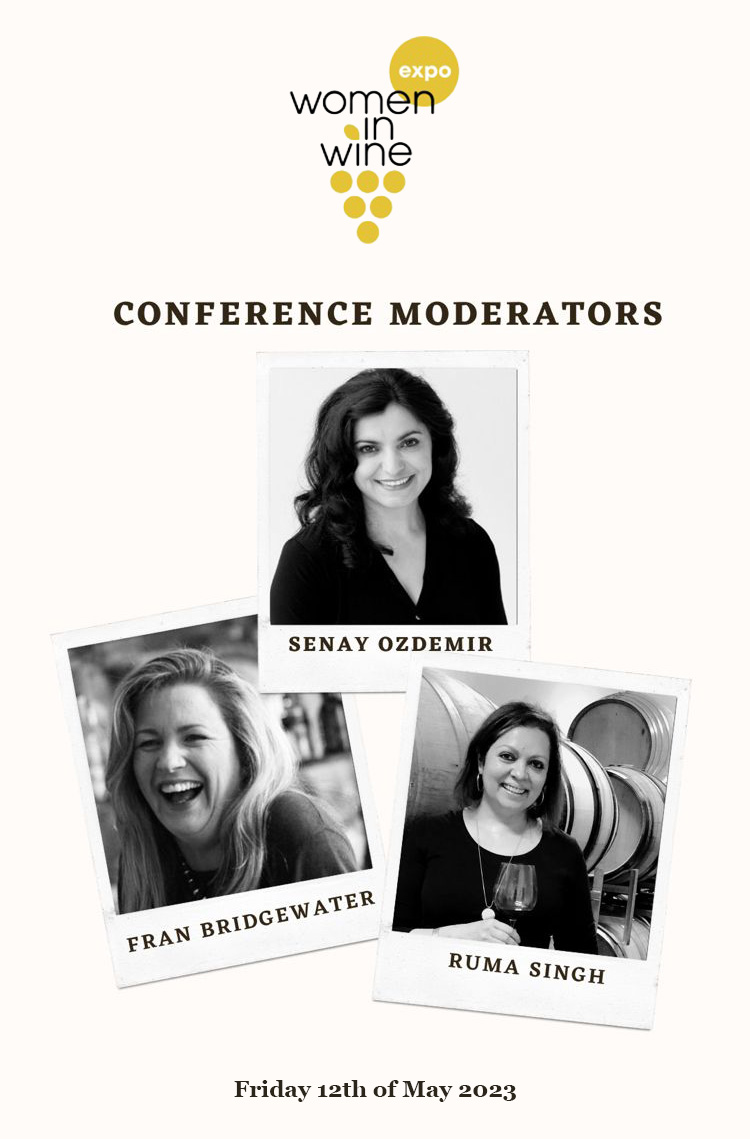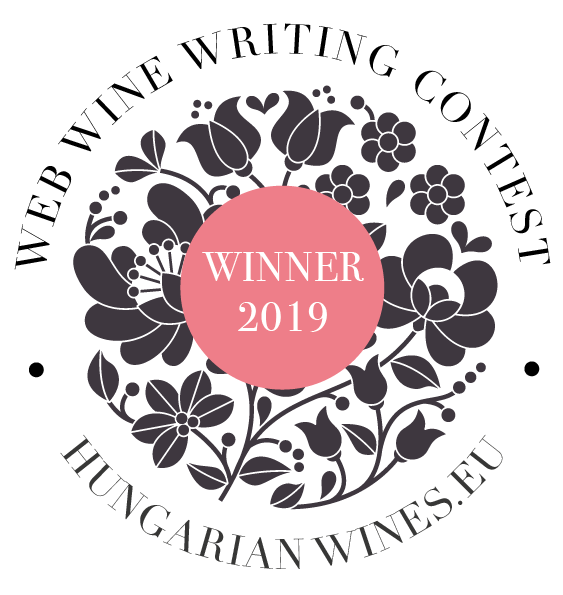The Grands Crus Classés of Bordeaux include some of the most powerful names in the wine world: think of the top classified growths of Bordeaux, unparalleled in reputation and quality. The role of the Conseil des Grands Crus Classés 1855 is to provide legal protection and support to the many famous-name chateaux which come under its umbrella.
To learn a little about the GCC 1855 as it is known, here is an interview from Bordeaux with Philippe Castéja, President of the Conseil des Grands Crus Classés 1855.
Can you briefly explain the role of the Conseil des GCC 1855 today?
The 1855 Classification was created upon the request of the French Emperor Napoleon III to present the most famous Bordeaux wines at the Paris Universal Exhibition. Today, the Conseil GCC 1855 has the key role of protecting the 1855 classification and its members. There are 61 chateaux that are classified growths of Medoc from Fifth to First Growths (including one First Growth in the Graves) and 27 from Sauternes and Barsac that range from Second to First Growths, and one Premier Cru Superieur.
We build educational programmes to explain the 1855 GCC wines to future decision makers and all people interested in great wines. For example, we host masterclasses for students in schools such as Cornell University in the US, École Hôtelière de Lausanne, Switzerland, Institute of Masters of Wine UK.
The Conseil has also had books published on the wines of the 1855 classification, including one that featured a food and wine pairing with 87 wines and recipes from 87 tops chefs from around the world.
How many of the GCC 1855 chateaux are open to the public for tastings and visits?
Ninety percent of GCC 1855 châteaux are actually open for visits and tastings. Many are only by appointment but can be contacted through their websites.
Can you give some examples of chateaux involved in wine tourism and the kind of services offered to visitors?
Château Mouton Rothschild, the famous First Growth, can be visited by appointment. Here you can see the Labels Room that displays the original artworks of the labels of the bottles since 1945. www.mouton-rothschild.com
Château Prieuré Lichine set in the appellation of Margaux, has one of the biggest shops of wine accessories and gourmet products – ranging from original bottle openers, wine books, educational tools and other useful souvenirs. www.prieure-lichine.fr
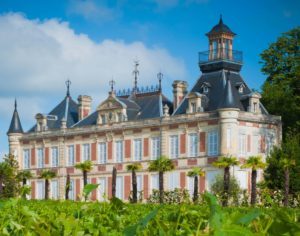 Château Pichon Baron in Pauillac has a spectacular underground cellar and all visits include a tasting of three of their wines. www.pichonbaron.com
Château Pichon Baron in Pauillac has a spectacular underground cellar and all visits include a tasting of three of their wines. www.pichonbaron.com
Château Marquis d’Alesme (left) in Margaux offers a multitude of visits including a guided tour of one hour 30 minutes of its landscaped gardens, plus a tasting session with paired snacks. www.marquisdalesme.wine
What are the top places that a visitor should not miss when visiting Bordeaux’s city centre?
La Cité du Vin, the great wine museum that opened just last year, the Cathedral of Pey Berland, La Vinothèque the wine shop, the Grand Theatre (Bordeaux’s opera house) and the Quays (the river banks along the Garonne river).
Have you ever been to India? What are your thoughts on the evolution of the wine market there?
I am very fond of India and have visited it many times. The Indian wine market is at its birth, and will certainly be great in the coming years. The only problem today is the various taxes applied to wine.
Philippe Castéja enjoys reading, music, and golf, and loves tasting wines “from all over the world” when he is not drinking a Grand Cru Classé wine!
For more information on the Conseil des Grands Crus Classés 1855 visit their website on http://www.crus-classes.com
About Brinda Bourhis
 After five years working for a major Bordeaux wine merchant, British-born Brinda
After five years working for a major Bordeaux wine merchant, British-born Brinda
Bourhis has a solid knowledge and experience of the wines of the one of the finest
regions in the world: Bordeaux.
She owns Winevox, a company that provides quality wine education including the
WSET course, wine marketing and translations for the French wine industry.
Winevox also runs an on-going ambassador programme in the US for the Crus Bourgeois du Medoc, organising masterclasses at top universities such as Stanford, Columbia, Yale and staff-training for wine retail stores as well as tastings for private wine clubs and associations.
